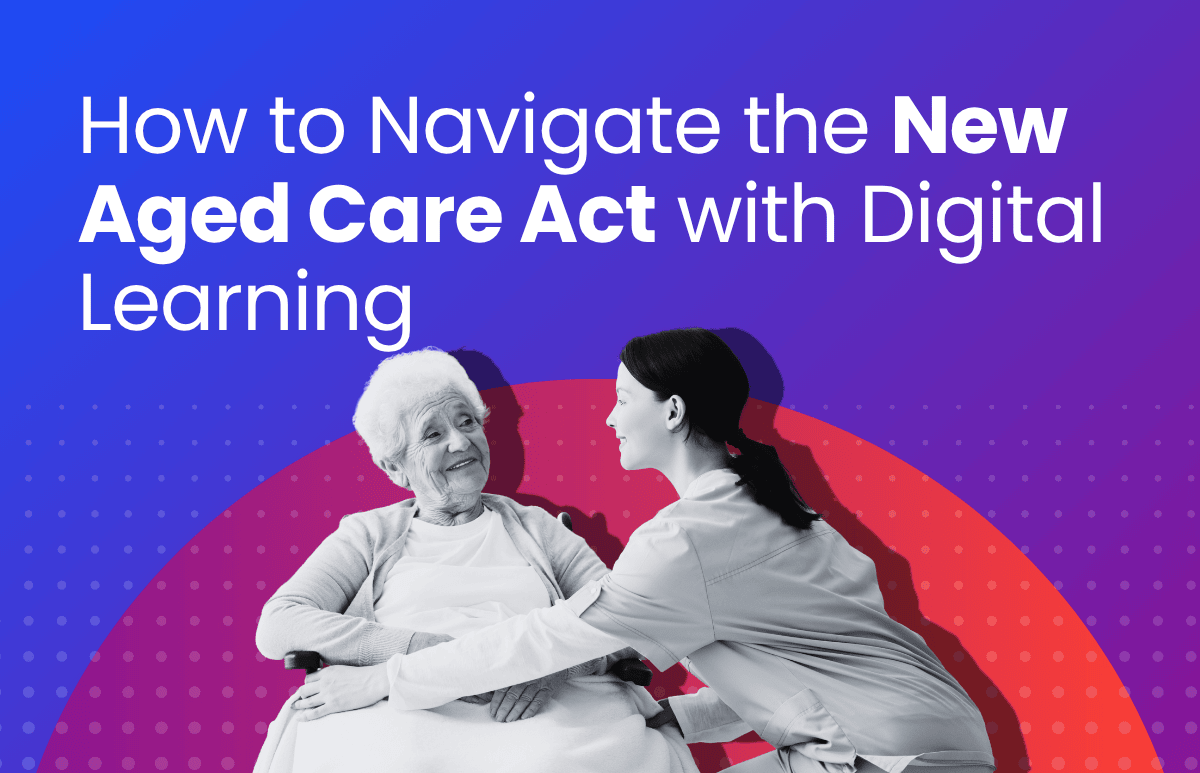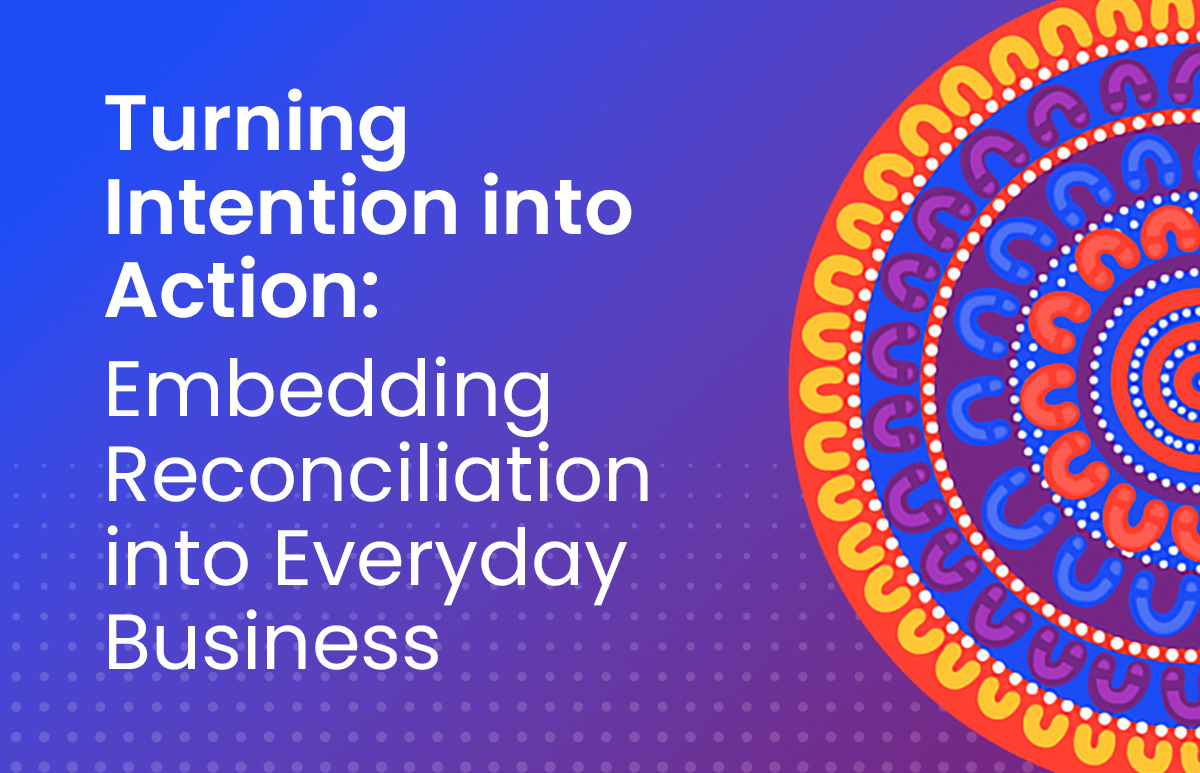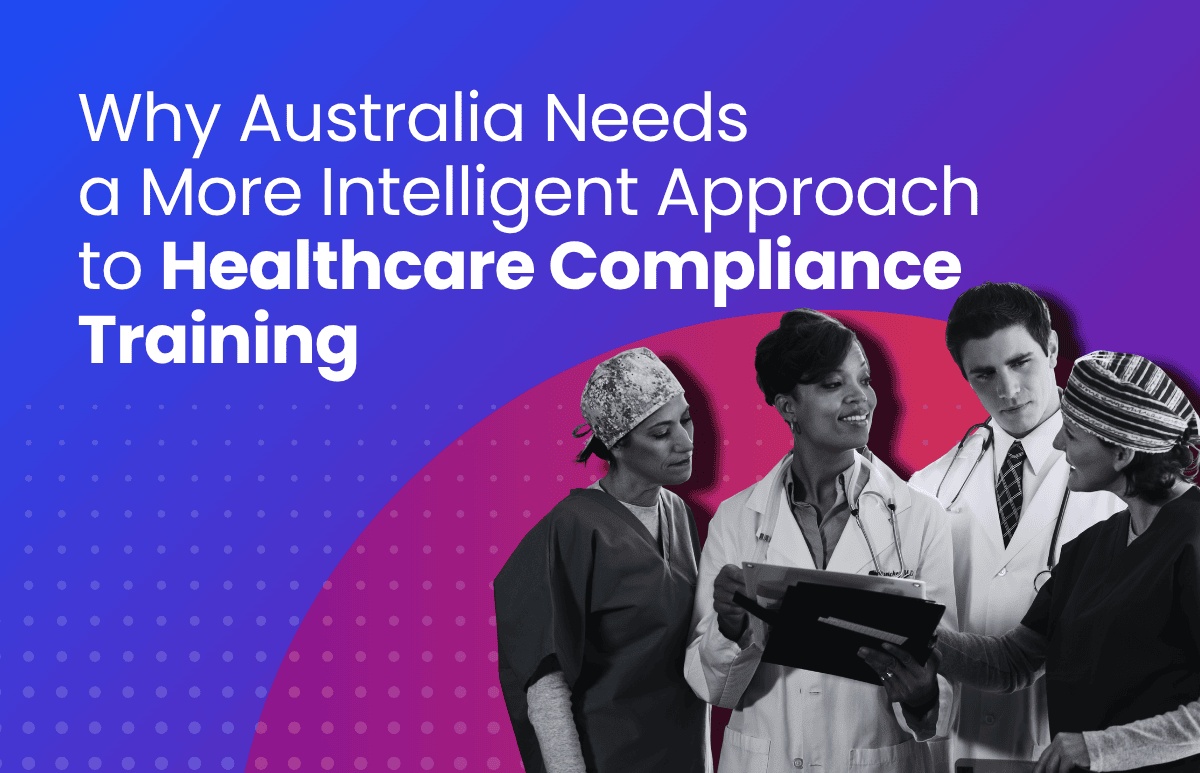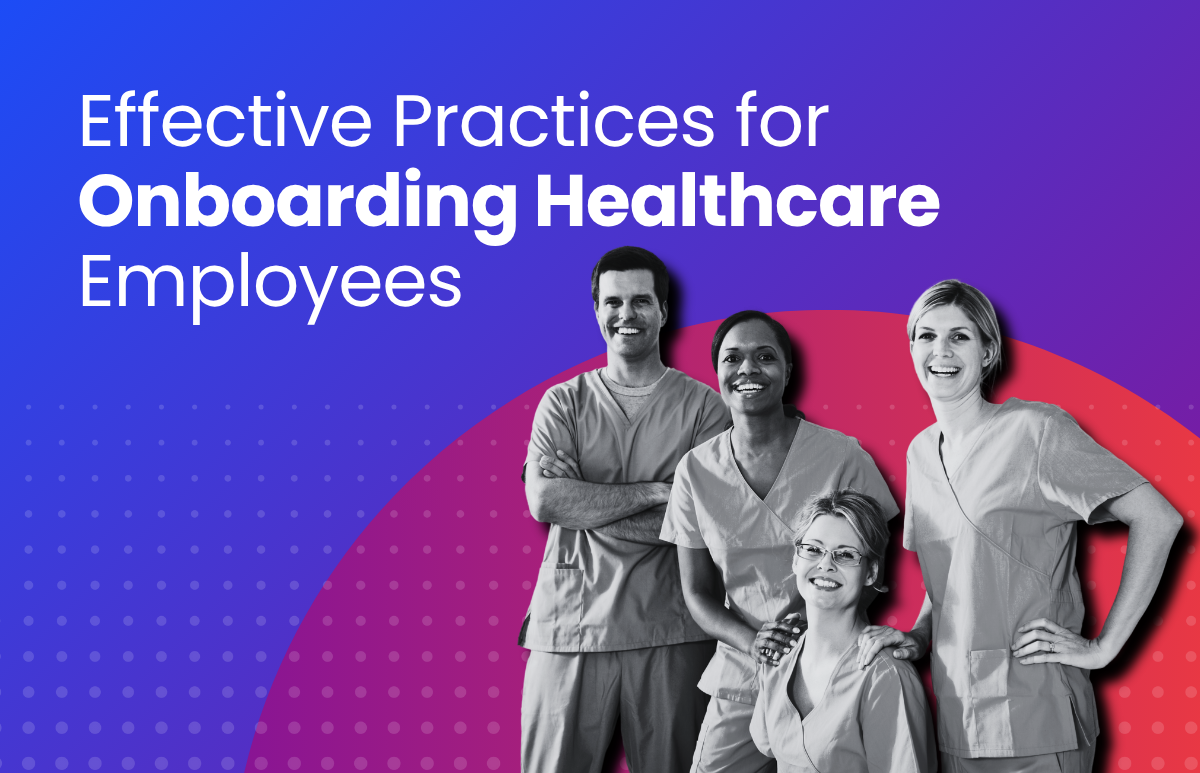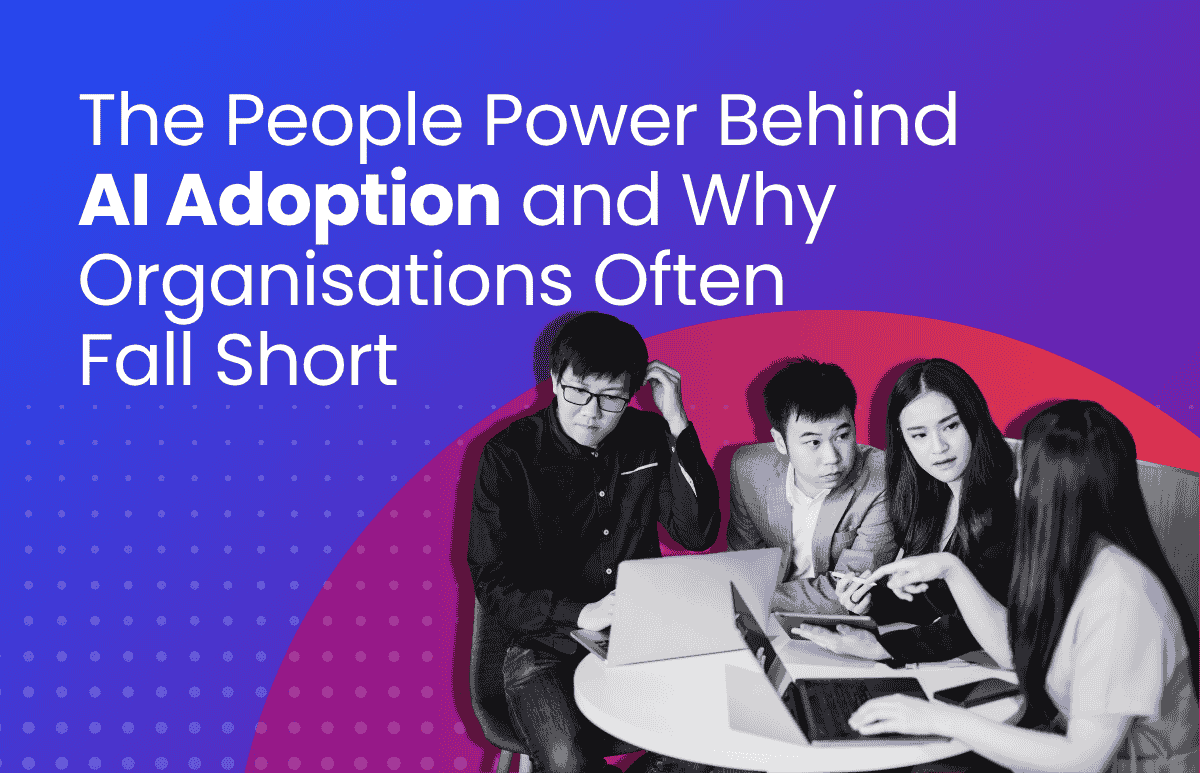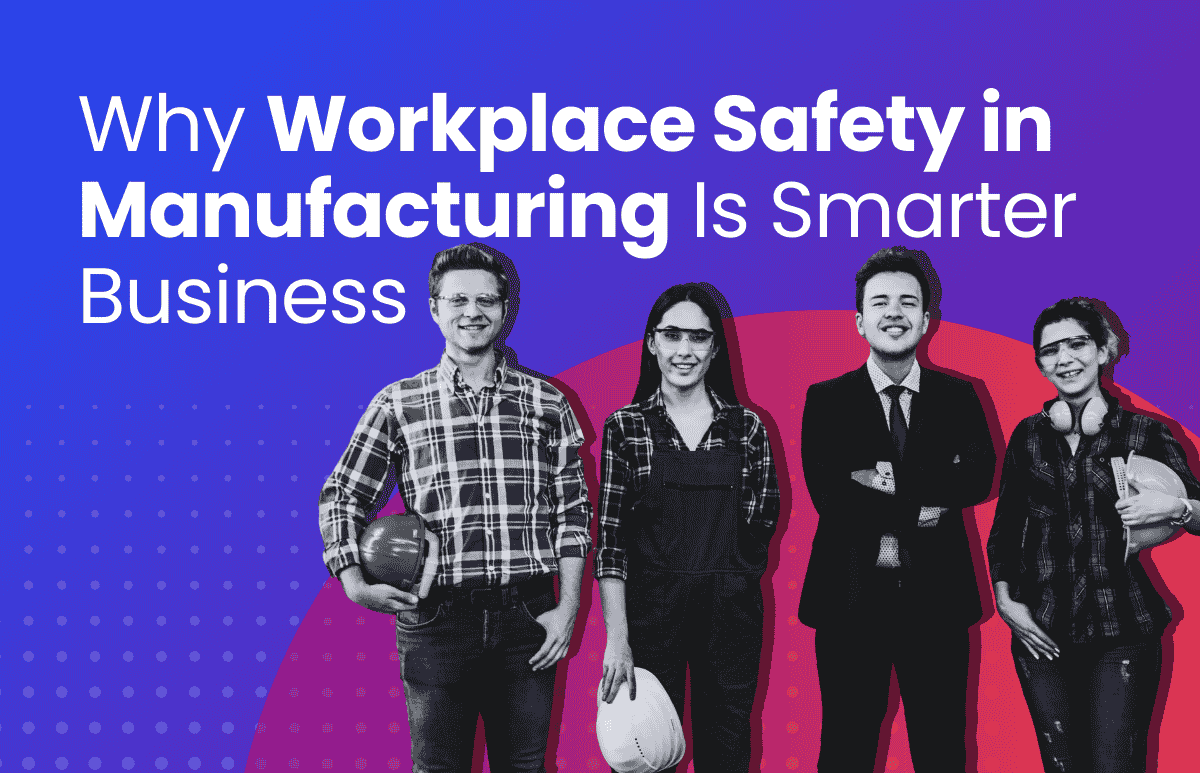Remaining Emotionally Resilient in Uncertain Times

The importance of emotional resilience
In times of uncertainty, it’s natural to experience negative emotions. Feelings or distress and worry are common during COVID-19. According to a recent McKinsey Global report, titled “The Emotion Archive”, which examines pandemic-induced emotions in different countries around the world, the most prevalent emotions felt by Australians include anticipation and annoyance.[1] In April, a YouGov survey of more than 2,000 Australians found that over half (57%) are experiencing stress – 77% were stressed because they couldn’t see family; 71% because they couldn’t see friends; 60% about paying bills; 49% about losing their job; 48% about not being able to feed their family; and 38% about losing their home.[2]
The story is similar in New Zealand. The University of Waikato studied the collective mental health of Kiwis in May and found that one-third (31%) were experiencing feelings of loneliness and isolation and 8% reported depressive or anxiety-related symptoms. Yet, the study concluded that, overall, Kiwis are feeling “stressed but resilient”.[3]
3 ways to build emotional resilience
With so many uncertainties, stressors and worries impacting all areas of our lives – physical, mental, social and financial – it can be difficult to remain positive and focused on our day-to-day lives. However, when we are resilient, we can cope better with change and handle the challenges that come our way. Below are 3 ways to build emotional resilience.
- Focus on what you can control
COVID-19 has thrust so many of us out of our comfort zones because we are so far from what we have ever experienced before. The events that have unfurled since early 2020 in Australia and New Zealand – and around the world – are out of our control. There are so many layers of the pandemic and its economic, social and emotional fallout to contend with. But, according to Catherine DeVrye, best-selling author and respected business executive, worrying about it is futile.
DeVrye recently spoke to PeoplePod, an ELMO Podcast, about being resilient during times of great change. “I say to everyone, worry about what you can change,” she says. “Don’t waste energy on what you can’t change – there’s are always more opportunities than we think there are.”
Rather than dwelling on a bad experience and letting it consume you, we should focus on how we can turn it into a learning opportunity. Despite the trauma of COVID-19, there are plenty of positives to be discovered for those willing to focus inwards instead of outwards.
- Embrace change
Change is daunting for so many of us, and COVID-19 has been the catalyst of so much change, both on a local and personal level, and on a global and existential level. DeVrye explains that people respond differently to change because their circumstances are unique and human beings have their own comfort zones. “It depends if you’re a single person, if you have family, who your support systems are and generally who you are.”
She acknowledges that HR personnel have had to navigate a whole new normal in recent months – not only for themselves, but for an entire workforce. They have had to lead by example and steward wellness, positivity and productivity to sustain organisational health. Although the start of the pandemic was a stressful time for HR professionals, DeVrye notes that humans are adaptable; over time, we learn how to cope with the greatest changes. “Change is inevitable but learning from change is optional,” she says.
- Accept – and learn – from failure
With change, can come failure – in many different forms. Failure can mean a lot of things in today’s climate – it can relate to jobs, money, family, health, etc. – and can be big or small. The perspective around failure is generally negative, but it shouldn’t be.
DeVrye talks about the importance of failure for aiding growth. “When we have little failures – and I hate to use the word fail but let’s be honest, we do sometimes fail – they are learning opportunities,” she says. “I actually believe that every problem has an opportunity. We don’t always see the opportunity at the time, but there are always opportunities if you look for them.”
A lot of it comes down to perspective. As DeVrye puts it: “Positive thinking itself doesn’t fix everything but negative thinking doesn’t fix a thing.”
The result of personal resilience
From a business perspective, having employees who are willing to build their personal resilience is critical to success. For example, DeVrye strongly believes that we cannot provide quality service to customers if we don’t take care of ourselves first. “If we’re not looking after our physical and mental wellbeing, we won’t have the energy to help customers, colleagues and family,” says DeVrye.
Having emotional resilience is all about building a strong foundation that enables you to bounce back from challenges and failure. If you are resilient, you can view hardships as learning opportunities, and can use them to fuel personal growth, which translates to business growth.
With in-built resilience you will be able to survive – and thrive – during this time. All it takes is a slight shift of mindset.
ELMO Software is a cloud-based solution that helps thousands of organisations across Australia, New Zealand and the United Kingdom to effectively manage their people, process and pay. ELMO solutions span the entire employee lifecycle from ‘hire to retire’. They can be used together or stand-alone, and are configurable according to an organisation’s unique processes and workflows. Automate and streamline your operations to reduce costs, increase efficiency and bolster productivity. For further information, contact us.
[1] The Emotion Archive, McKinsey Global, 2020
[2] “Coronavirus: Shocking toll of pandemic on Australians, as survey finds more than half are stressed by outbreak”, MSN, April 2020
[3] “Covid-19 mental health survey shows participants are ‘stressed but resilient’”, University of Waikato, May 2020
 HR Core
HR Core 
